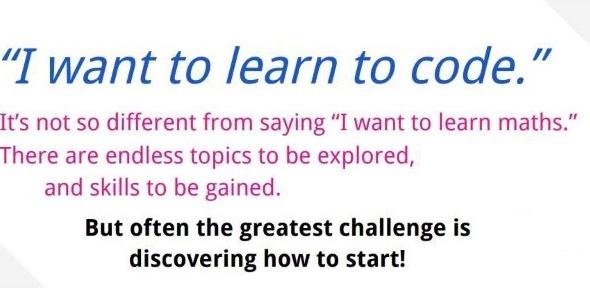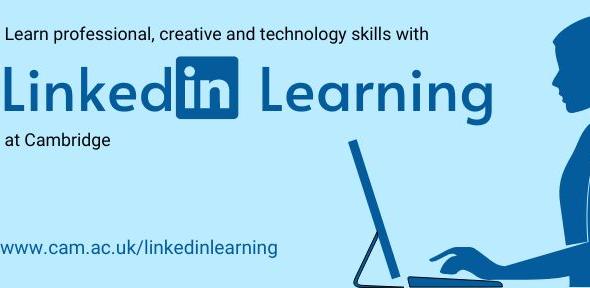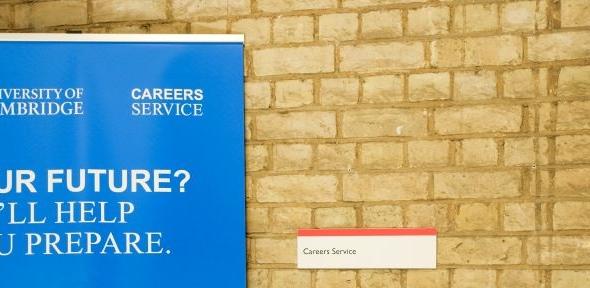
Tips from CMP Co-Founder James Bridgwater on applying for an industrial placement
The first thing to remember is that the industrial partner will be looking to determine if you are a good fit for their project and for their community; they are looking for both skills and personality to fit. Assume that they will speak to a few students and think about what makes you stand out from the crowd. Every single student they speak to will have a strong academic record, and the details of exam placements probably don’t mean too much to someone who hasn’t studied at Cambridge. They want to find something else, some other quality, that makes you different, better and more interesting than the competition.
Prepare a CV or resumé
By which I mean no more than a single side of A4, which gives a very brief history of your academic career so far and an indication of what your strengths are. For example:
- What are your best subjects, have you done any extracurricular studies, do you have interesting and relevant hobbies (e.g. computing competitions like Kaggle), have you travelled anywhere unusual or worked for anyone else in summer holidays or on a gap year?
- What can you say about yourself that gives an indication as to who you are and that could spark a discussion? The person you are speaking to wants nothing better than a good, two-way conversation, but without guidance from you they won’t know how to get started and will rely on tricky questions. So, give them some pointers and take control of the initiative for yourself.
If you're not sure how to put together an eye-catching CV, the Careers Service is there to help! Check out their YouTube Channel for helpful videos full of tips or their detailed PDF CV guides.
Research the company
Do some background research on the company before you start talking to anyone. People like it when an applicant has shown enough interest and initiative to have found out something for themselves. Try to have a few questions about the business which you can ask and which encourage the interviewer to talk rather than the other way around. That way you impress them and take some of the focus off yourself, both at the same time.
Show them you are motivated by their project
Think about why the project on offer, or the company itself, is the right one for you. What do you bring that’s special, why does this project / company fit your interests in particular? We all get the most out of a situation if we are motivated, so what’s the motivation in this instance? How do you show them that you are motivated by their project?
Practical Programming Skills
Almost all industrial projects will require some level of programming skills. Companies are interested in practical results from projects, not just theoretical understanding or insight.
Think about how you can improve your ability to contribute, which likely means showing some level of programming competence. Do some courses, write some code, learn some relevant skills. It doesn’t particularly matter which language, it’s usually easy enough to learn a second, but mastering the basics and being able to structure a program is a core skill. The earlier you can start on this track the better, and who knows, you might find it sufficiently fun that it becomes one of your strengths and so an answer to an earlier point. The programming competitions such as the ones run by Kaggle are a great resource for building your skillset.
Do some prep
You will get as much out of the interview and the project as you put effort into it. The CMP experience should be about having fun and about exploring options for the future without having the pressure of choosing your career. Invest yourself in the project and get as much out of the experience as you possibly can. You will never regret having given your best shot.




